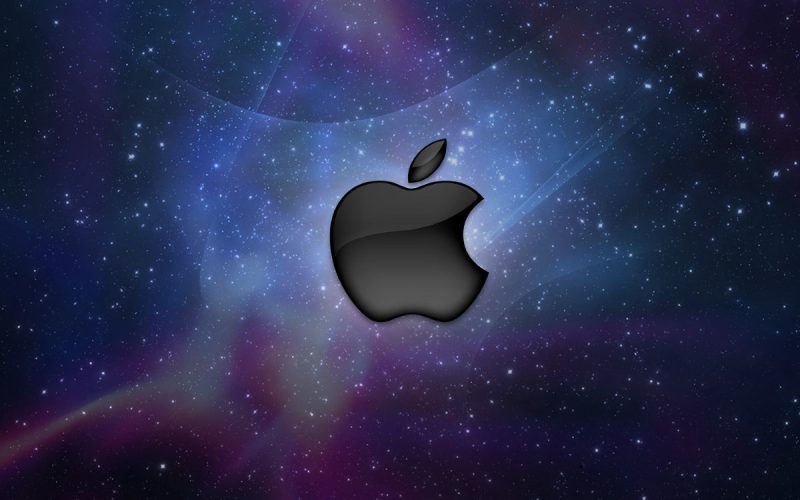Apple’s $95 Million Siri Settlement: The Story So Far
Apple, a company long celebrated for its stance on privacy, is now at the center of a $95 million class action lawsuit settlement involving its voice assistant, Siri. The controversy began with allegations that Siri-enabled devices-ranging from iPhones and iPads to HomePods and Apple TVs-were listening in on private conversations without user consent.
The lawsuit, filed in 2021 by Californian Fumiko Lopez, claims that Apple’s devices sometimes recorded confidential communications after accidental activations, and that these recordings were shared with third-party businesses, resulting in targeted advertising.
The class action, officially titled Lopez v. Apple, covers a broad period: anyone who owned or purchased a Siri-enabled device in the U.S. between September 17, 2014, and December 31, 2024, and experienced an unintended Siri activation during a private conversation, may be eligible for compensation.
Read More Tech News Here
Apple, for its part, has denied all allegations, maintaining that it did not do anything improper or unlawful. The company has stated, “We have never utilized Siri data to create marketing profiles, have never made it available for advertising, and have never sold it to anyone for any reason.”
How Did the Siri Privacy Issue Unfold?
The roots of the controversy stretch back to 2019, when a whistleblower revealed that Apple contractors were reviewing audio recordings from Siri, including those triggered accidentally by background noise or mistaken commands.
This raised alarms about the potential for sensitive conversations-medical, business, or personal-to be captured and reviewed without explicit user consent. Apple responded by suspending its human review program and later introduced a policy requiring users to opt in for such reviews. However, the damage to public trust had already been done, and legal action soon followed.
Fumiko Lopez, the lead plaintiff, alleged that she and other users were targeted with ads after their private discussions were shared with third parties. The lawsuit argued that Apple’s assurances about privacy were misleading and that the company failed to obtain proper consent before collecting and analyzing voice data.
The settlement, agreed upon at the end of 2024, does not require Apple to admit wrongdoing but does provide financial compensation to affected users.
Who Is Eligible and How to Claim?
To qualify for a payout, claimants must have owned or purchased a Siri-enabled device in the specified period and experienced an unintended Siri activation during a confidential conversation. Eligible devices include iPhones, iPads, Apple Watches, MacBooks, iMacs, HomePods, iPod touches, and Apple TVs.
Those seeking compensation can file claims for up to five devices, with a maximum payout of $20 per device. The deadline for claims is July 2, 2025, and the final court approval hearing is scheduled for August 1, 2025. Payments will be distributed after any appeals are resolved.
Apple customers who may be eligible should have received an email titled “Lopez Voice Assistant Class Action Settlement,” containing a confirmation code and instructions for filing a claim. Even those who did not receive such a notice can file a claim via the official settlement website, provided they can show proof of purchase.
Implications for Privacy and the Tech Industry
This settlement marks a pivotal moment in the ongoing debate about privacy and corporate accountability. The Siri case underscores the need for transparency in how tech companies collect and use consumer data. It also highlights the risks inherent in voice assistants, which are always listening for activation commands and can inadvertently capture sensitive information.
The fallout from the Siri lawsuit is likely to drive calls for stronger data protection laws and more robust privacy safeguards in voice-activated technologies. While Apple has taken steps to improve privacy controls-such as processing more Siri requests directly on users’ devices-the case shows even companies with strong privacy reputations can fall short.
Looking Ahead: The Broader Impact
For Apple, the settlement is a costly reminder that privacy promises must be matched by rigorous internal practices. For consumers, it’s a wake-up call to scrutinize the privacy policies of the devices they use daily. And for the tech industry, the Siri case could serve as a catalyst for tighter regulation and greater accountability in the handling of user data.
As voice assistants become more integrated into daily life, the balance between convenience and privacy will remain a central issue. The Apple Siri lawsuit settlement is not just about compensation-it’s a signal that users are demanding more control and transparency over their digital lives.





